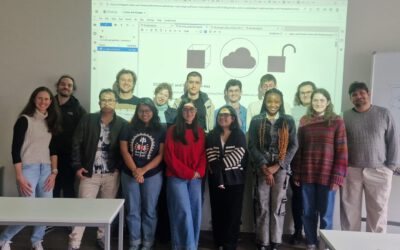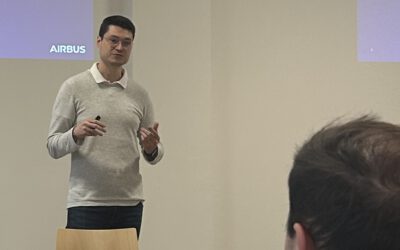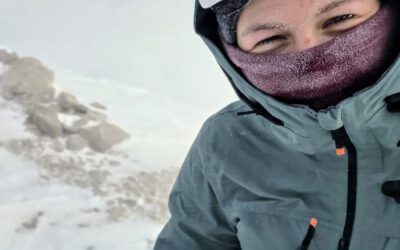Animal movement is critical for maintenance of ecosystem services and biodiversity. The study of complex movement patterns and of the factors that control such patterns is essential to inform conservation research and environmental management. Technological advances have greatly increased our ability to track, study, and manage animal movements. But analyzing and contextualizing vast amounts of tracking data can present scientific, computational, and technical challenges that require scientists and practitioners to master new skills from a wide range of computational disciplines.
AniMove, a collective of international researchers with extensive experience in these topics, teaches a two-week intensive training course for studying animal movement. This two-week course focuses on interdisciplinary approaches linking animal movement with environmental factors to address challenging theoretical and applied questions in conservation biology. To achieve this, participants will acquire significant skills in computational ecology, modeling, remote sensing and Geographic Information Systems (GIS).
– See more at: http://animove.org
Powered by WPeMatico








